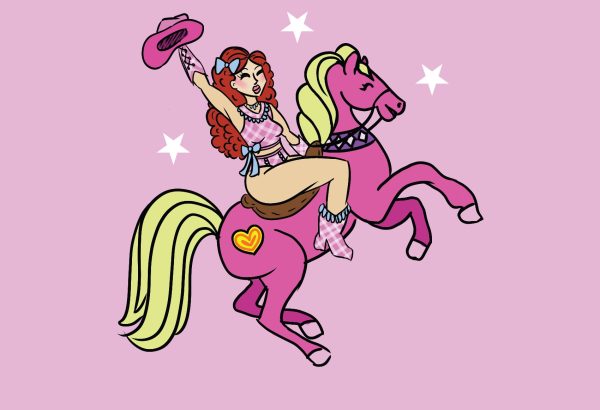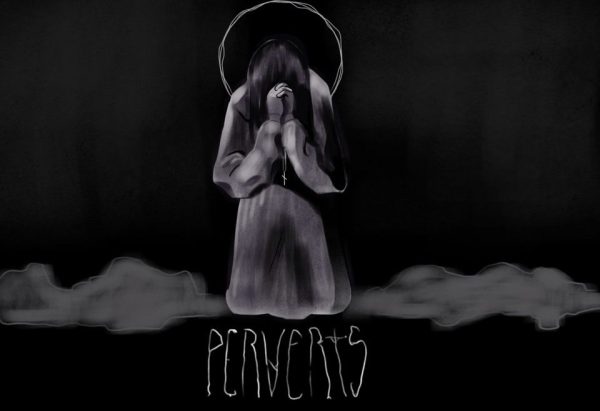“Steve Jobs” Review

“Steve Jobs” presents a highly critical and controversial portrayal of its subject, one that is at odds with most perceptions of the highly influential tech mogul.
Michael Fassbender gives a jaw-dropping performance in his latest film, starring as Steve Jobs. Supported by Kate Winslet, Jeff Daniels and featuring Seth Rogen in an uncharacteristically serious role, the movie carries significant dramatic heft.
The movie follows an unorthodox plot structure, focusing on the backstage events of the three major product releases of Steve Job’s career: the Mac, the NeXT computer and the iMac. Flashbacks detailing major events in Jobs’ life and career intersperse the product launches, providing additional insight to his relationships and his past.
The primary focus of the film is the relationship Jobs has with his coworkers and his family. What Fassbender presents is a highly manipulative sociopath who uses people to advance his own goals; a man whose uncompromising perception of himself and his products leaves no room for cooperation and his unrealistic expectations of his coworkers pushes them to their limits.
Another central tenet of the film is the relationship Jobs has with his alleged daughter and her mother.
Despite a blood test confirming that there is a 94 percent chance that Lisa is his daughter, Jobs refuses to acknowledge her as his own. At a time when he was worth hundreds of millions of dollars, his daughter and her mother were living on welfare, with the occasional handout coming from the world’s wealthiest deadbeat dad.
Directed and written by Academy Award-winners Danny Boyle and Aaron Sorkin, “Steve Jobs” is an extremely unorthodox film. An unusual plot structure and very small cast ensures plentiful opportunity for dramatic exchanges and personal indictments.
General themes of the film revolve around regret and redemption, with the mistakes and imperfections of all the characters sitting at the forefront of the narrative.
4 stars










